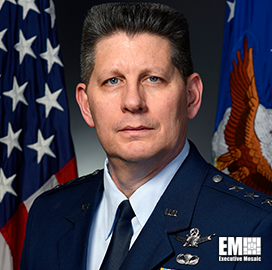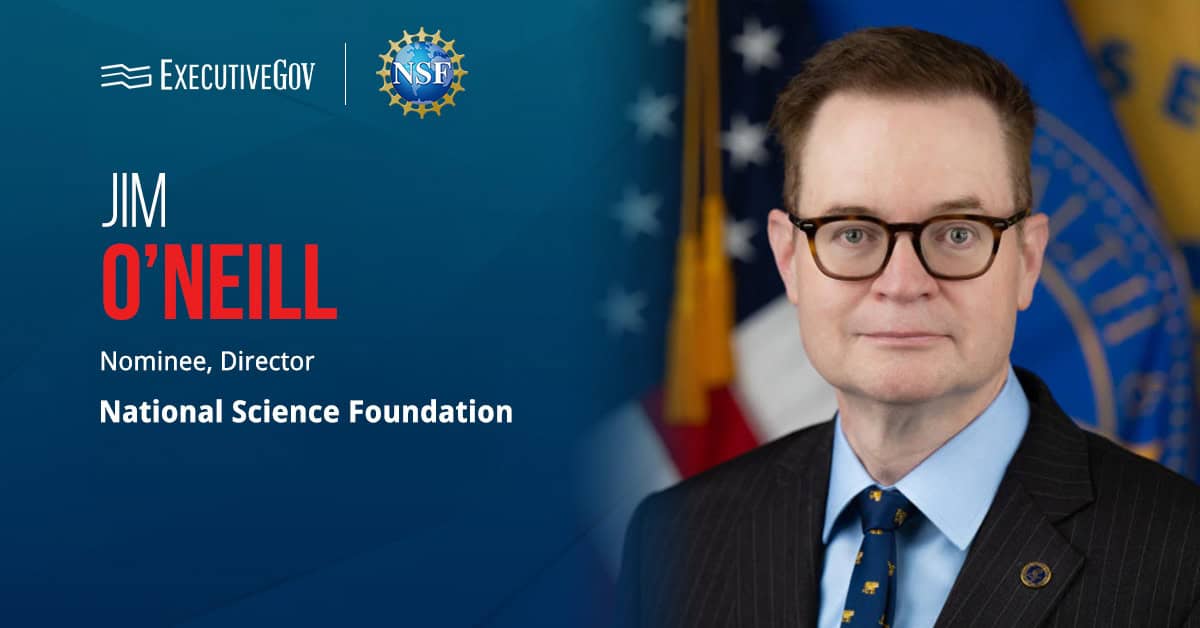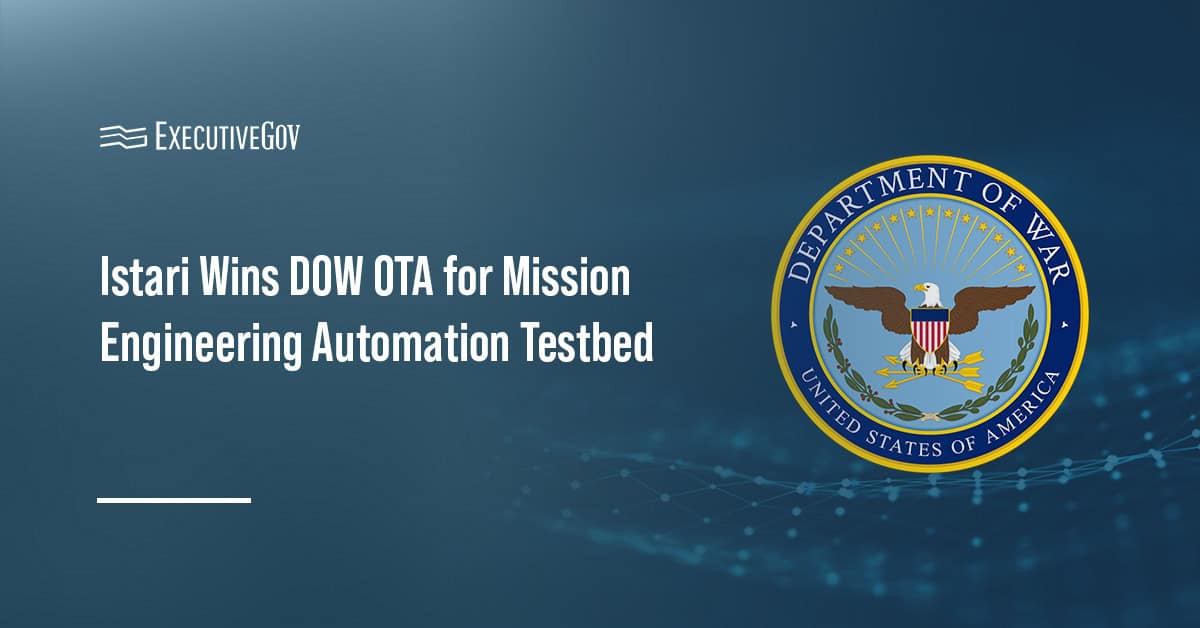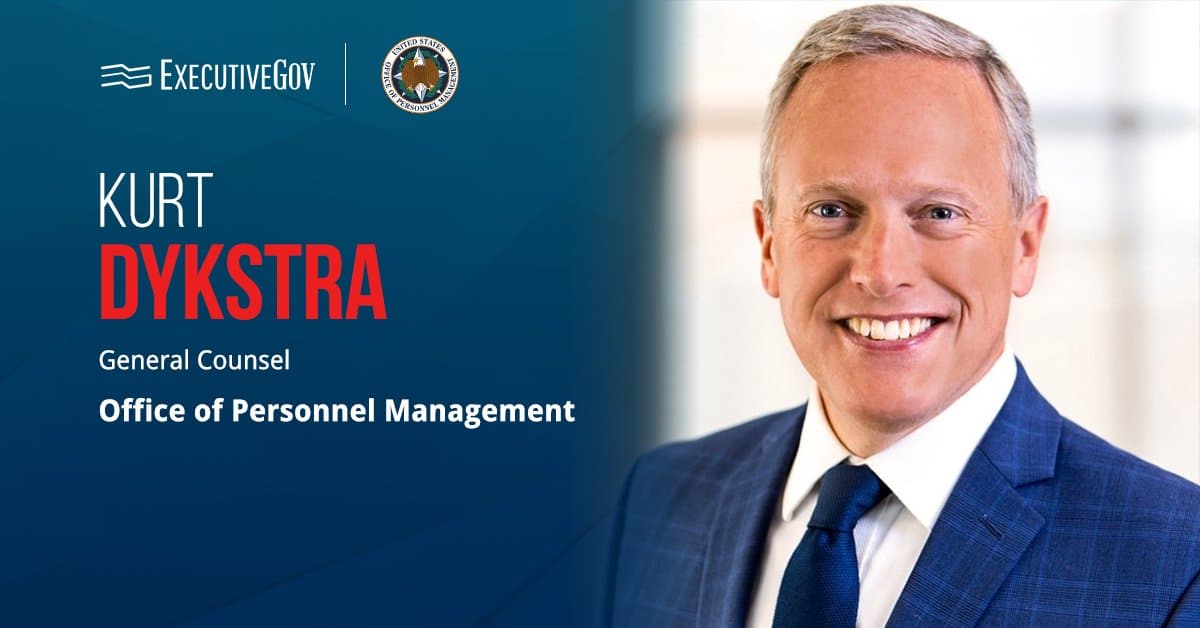
Lt. Gen. David Thompson, the U.S. Space Force’s vice commander, said the new service branch needs to develop its own intelligence operations as it continues to separate from the U.S. Air Force, C4ISRnet reported Wednesday.
Thompson, who is also a former Wash100 Award recipient, told the publication that Space Force needs servicemembers who “understand deeply space intelligence” and that the intelligence community must expand its operations to include support for the Space Force and Space Command.
“What we really need most is elements of a war fighting domain and military service that have been lacking over the years,” he said. “We need our own core intelligence capability.”
Space Command’s intelligence-related activities fall under the scope of the National Air and Space Intelligence Center and National Space Defense Center.





